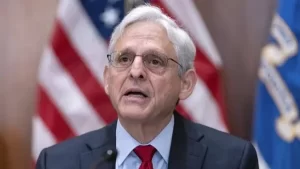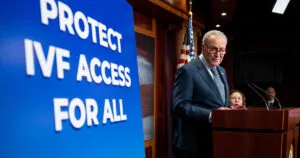A survey conducted among 75 UK universities has unveiled a notable decline in applications from international students, a trend largely attributed to uncertainties surrounding the future of the graduate visa program. This program, allowing international graduates to work in the UK post-studies, faces potential restrictions pending the findings of a report by the Migration Advisory Committee (MAC), set to be delivered soon.
According to the British Universities’ International Liaison Association, 90% of the surveyed universities reported decreases in international student applications, with a significant 27% drop in total applications for postgraduate courses compared to the previous year.
The decrease in applications from Indian students, in particular, has caught attention, with recent statistics from the Universities and Colleges Admissions Service (UCAS) revealing a 4% decline in applications to British universities. This decline is believed to be influenced by the ongoing government reviews, notably led by Rishi Sunak, into the Graduate Route visa.
Indian students, comprising a substantial portion of those granted leave to remain in the UK under the student visa category, now face uncertainties due to the potential revisions to the Graduate Route visa. Applications from India decreased to 8,770, a 4% decline from the previous year.
In response, an advocacy campaign has been launched by an organization representing Indian students in the UK, advocating for the preservation of the graduate visa program.
Voices within the academic and creative sectors are also joining the call to maintain the graduate visa program. Sally Mapstone, Vice-Chancellor of St Andrews University and President of Universities UK, emphasized the significant contributions of international students to the UK’s culture, economy, and job market. Similarly, Creative UK and Universities UK have jointly urged the government to retain the graduate visa program, citing its importance in attracting and retaining talented graduates, particularly in the creative industries.
The potential consequences of abolishing or limiting the graduate visa program extend beyond the academic sphere, as highlighted by the British Academy, which warns of stifling the vibrancy of the UK’s academic and research landscape.
In light of these concerns and the broader implications for the financial stability of universities, a government spokesperson reiterated the commitment to striking a balance between managing net migration and attracting bright students to UK universities.






